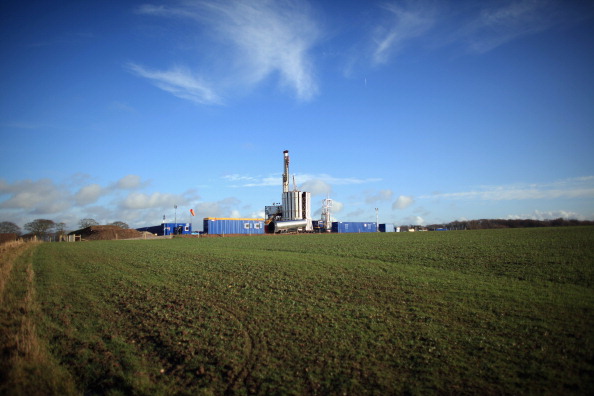By Holly Ellyatt
The shale gas revolution is only just beginning, but according to one leading analyst the U.K. and Europe have failed to capitalize on the maverick within the global energy market and are being left out in the cold.
“I don’t think the U.K. is anywhere near catching up with the U.S.,” David Thomas, lead oil & gas analyst at Credit Suisse told CNBC on Wednesday. “You have to look at how much volume is currently being produced by the U.S., and the fact that it’s easy for the U.S. to carry on with its shale production.”
While the exploration and production of shale gas — an increasingly important source of cheap natural gas — was underpinned by a supportive political and legal regime in the U.S, such support was lacking in the U.K. and Europe, Thomas said.
The U.S. has embraced shale gas production whole-heartedly, leading to a fall in domestic gas prices and making it possible that the country could achieve energy independence in oil and gas by 2035, according to the International Energy Agency. But the 27-nation European Union has been slower to explore the possibilities presented by the controversial energy supply.
EU policymakers are set to decide by the end of the year whether strict regulation of the industry is required. Opponents of shale gas exploration in Europe say existing environmental law is inadequate for the potential risks involved in the extraction process — the hydraulic fracturing for the gas known as “fracking.”
Reflecting public anxiety over fracking in the U.K., protests have been staged at a site where test drilling was being carried out by energy firm Cuadrilla.
(Read more: Fracking for shale gas hits a raw nerve in Europe)
The U.K. government is keen to explore shale gas as an alternative domestic energy supply, however, and on Tuesday the country’s Economics Affairs Committee held its first session hearing evidence from experts on shale gas and the possible impact of its extraction.
You can read the rest of this article at CNBC’s website.
More from CNBC:
What your future home might look like

